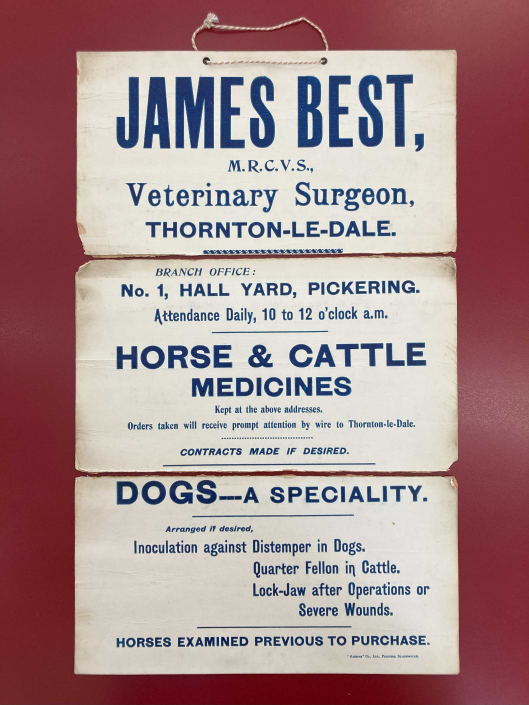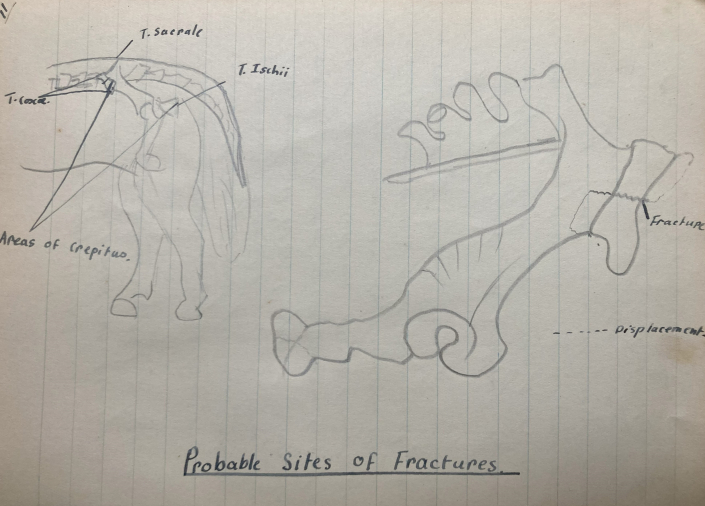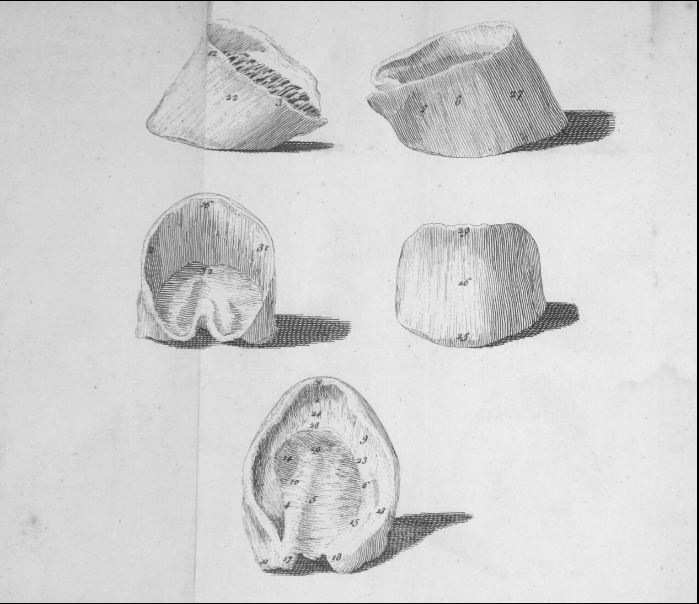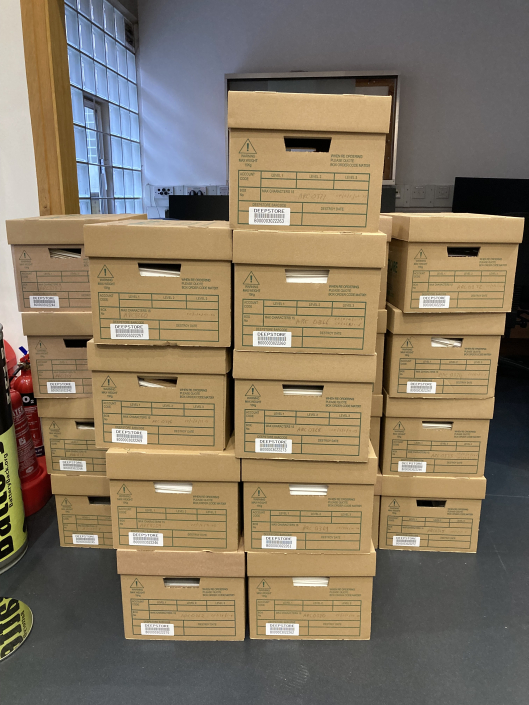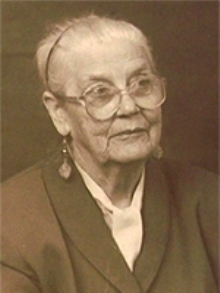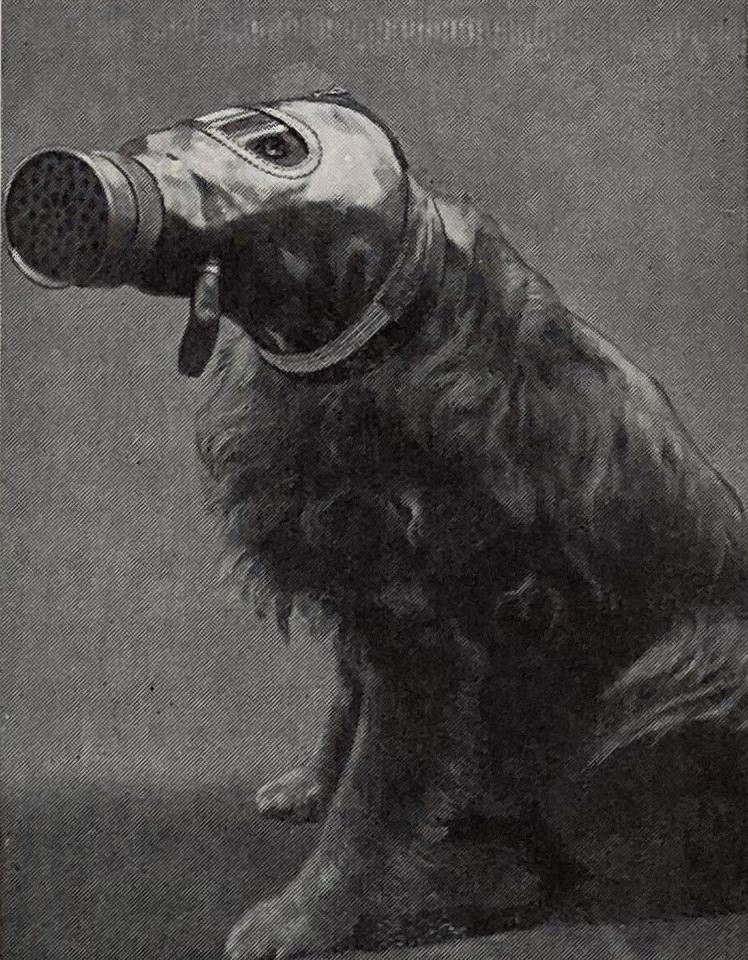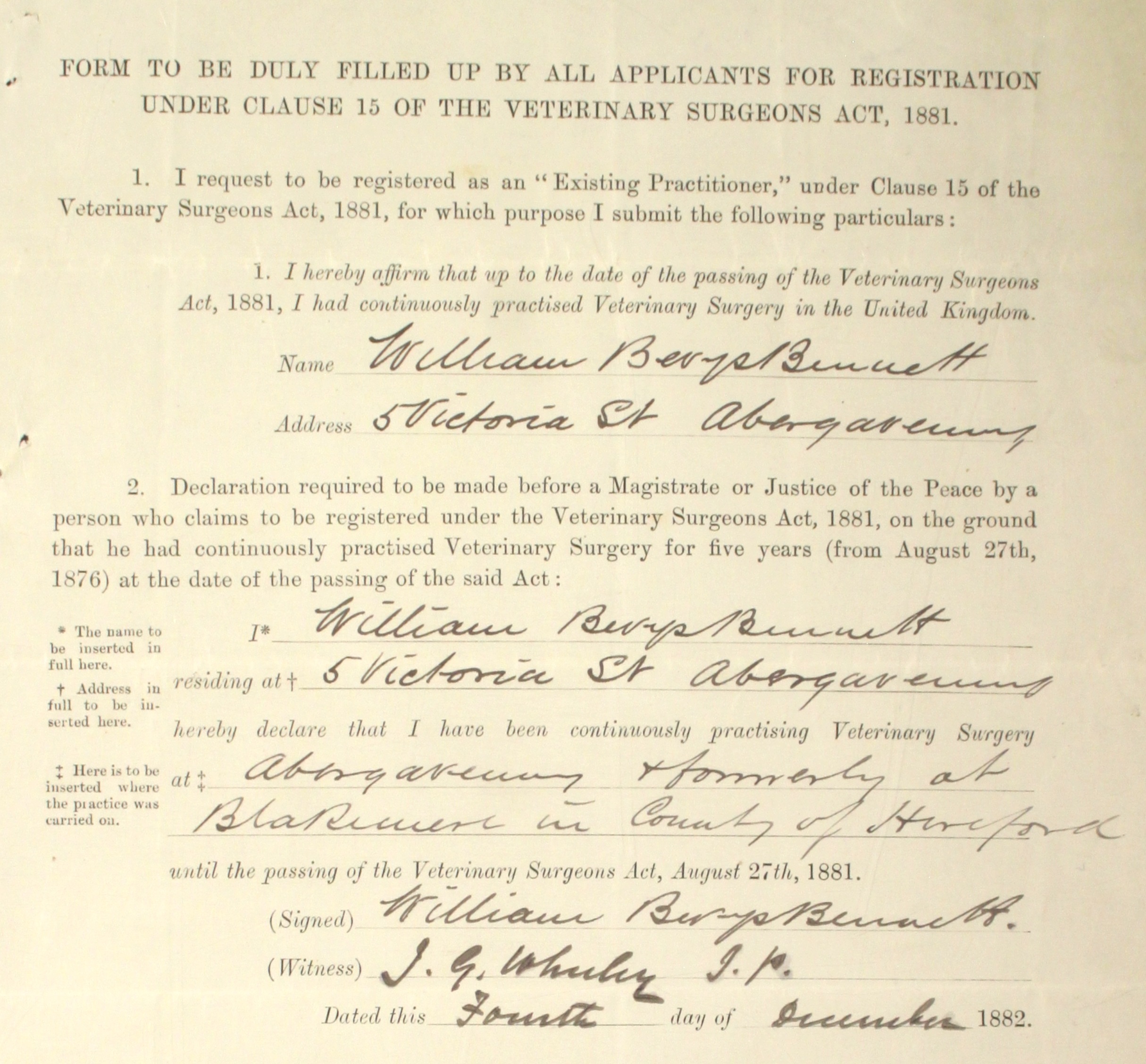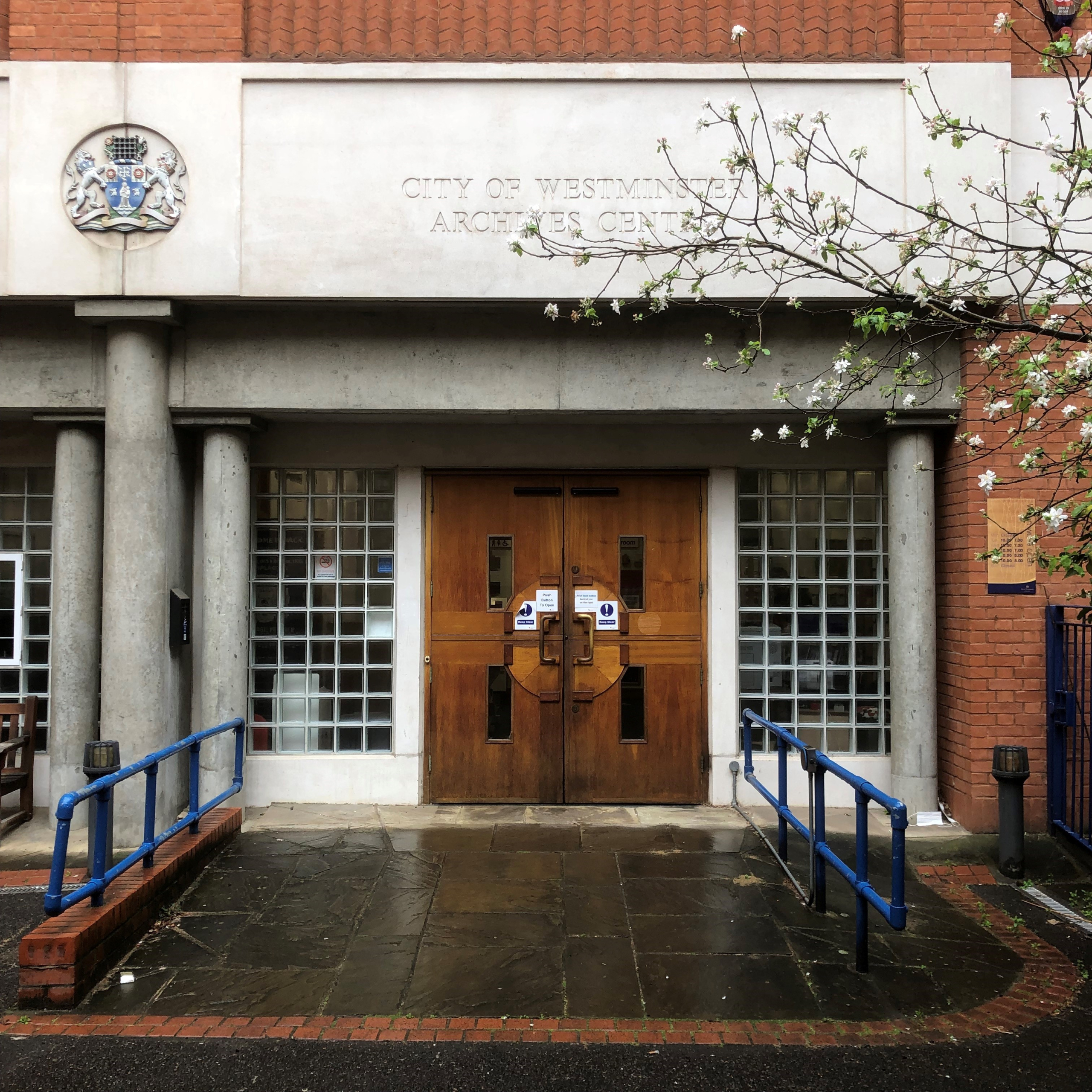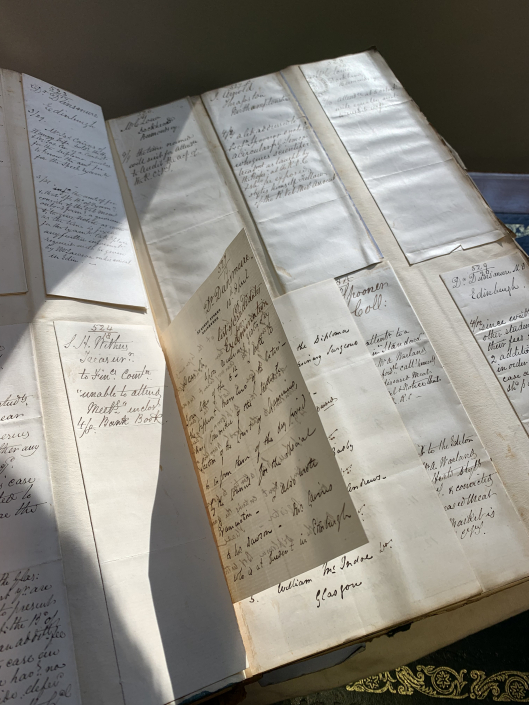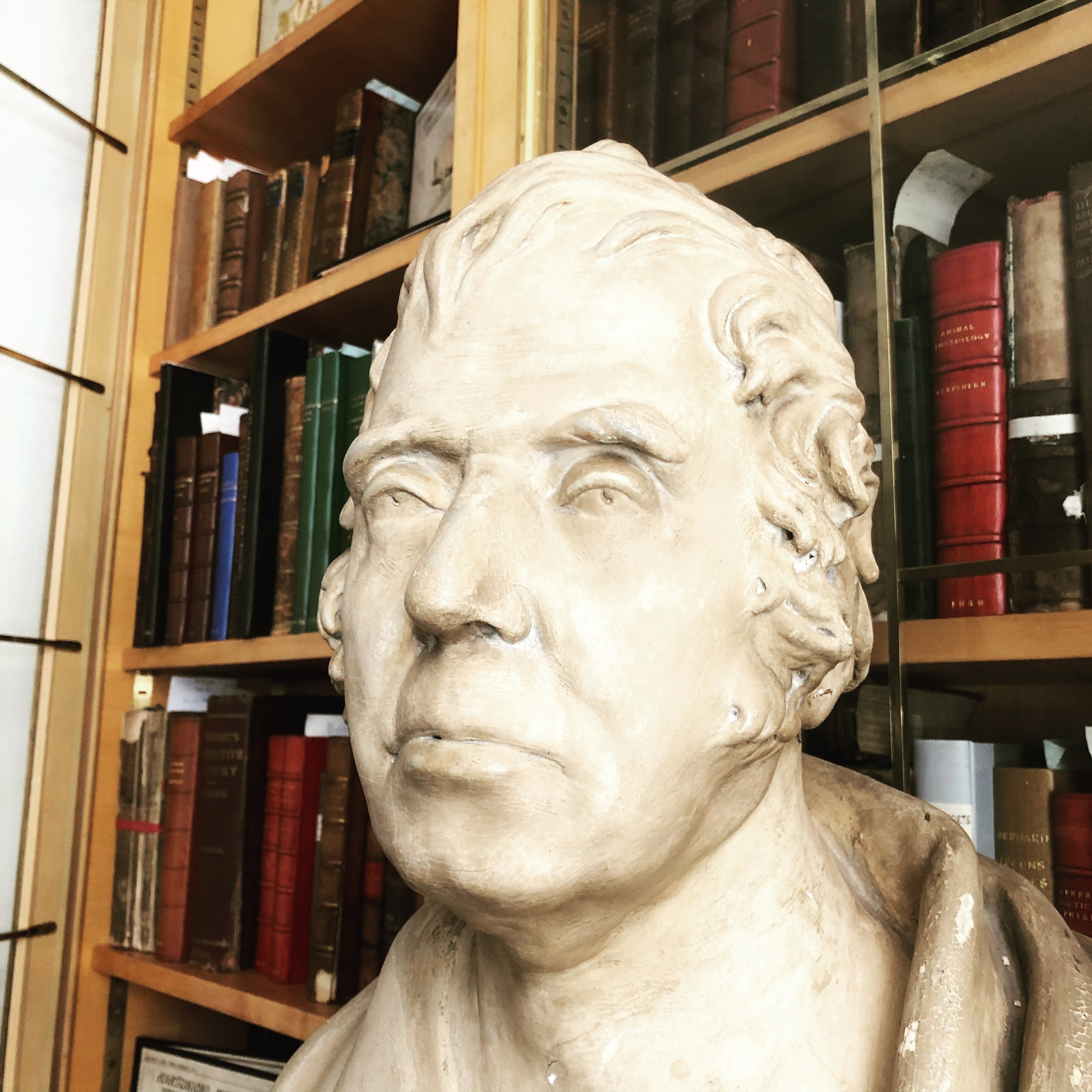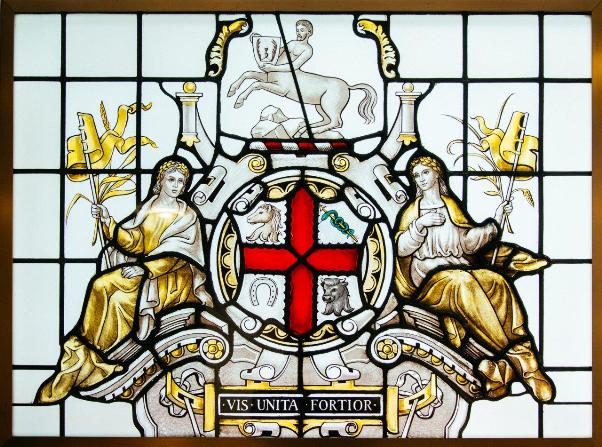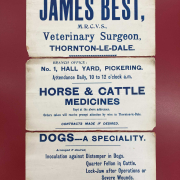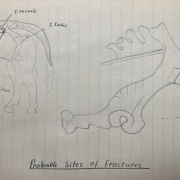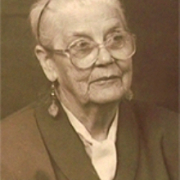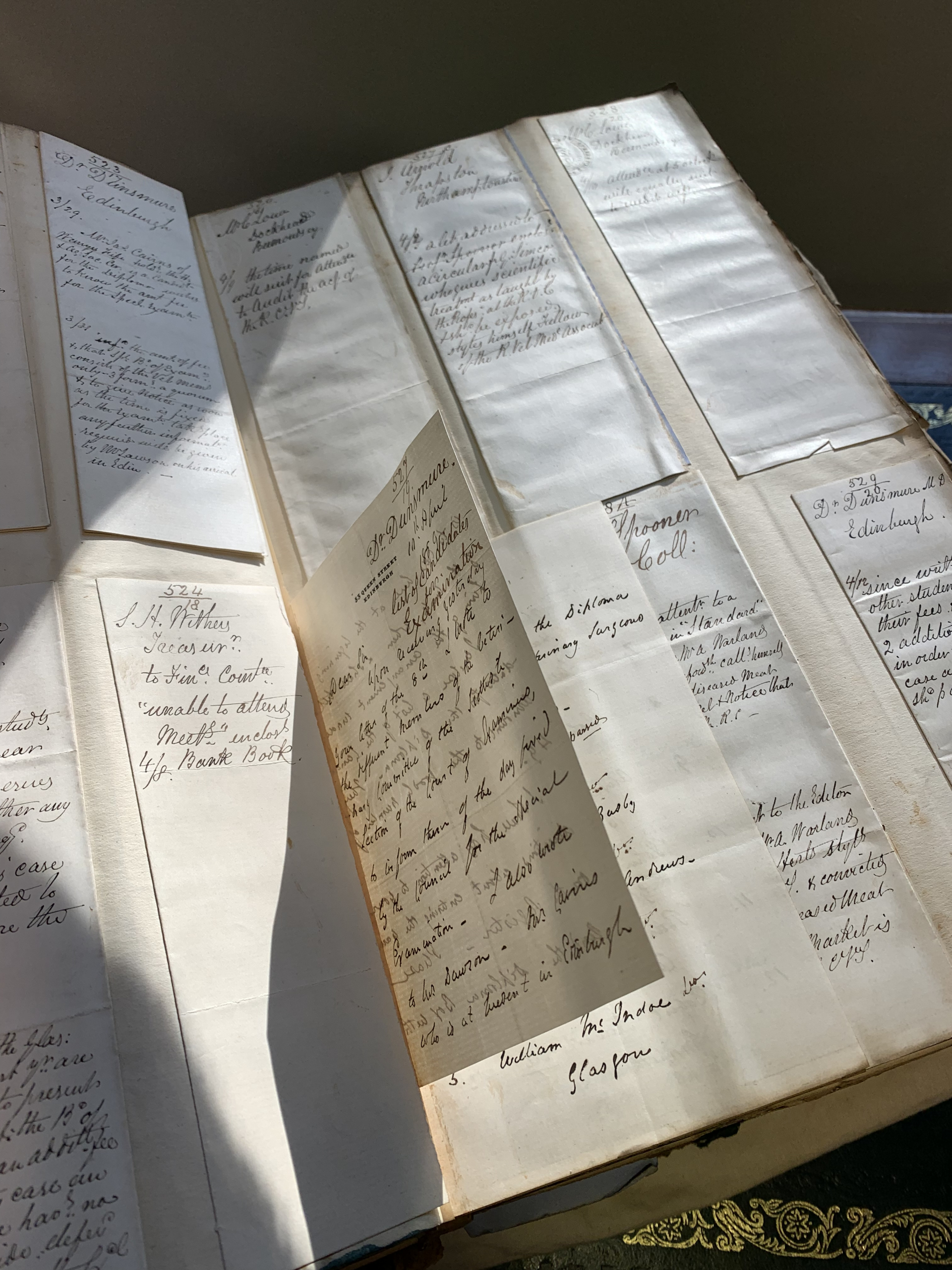No Foot, No Horse
This illustration comes from the book No Foot, No Horse by Jeremiah Bridges, first published in 1751 by J Brindley of New Bond Street, London. The illustration shows the locations of thirty-two common complaints suffered by the horse’s foot. These include disorders such as Sand Cracks, Channel-Nails and the horrendous sounding Loosened Hoof. It’s thought that with this publication Bridges became the first Englishman to fully describe the anatomy of the horse’s foot. Bridges is also believed to be the first to precisely define navicular syndrome, a disease of the navicular bone and surrounding soft tissue which could ultimately cause a horse to go lame. […]
28th February 2024/by David Plant
